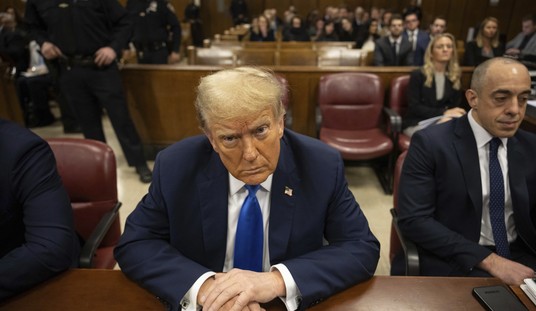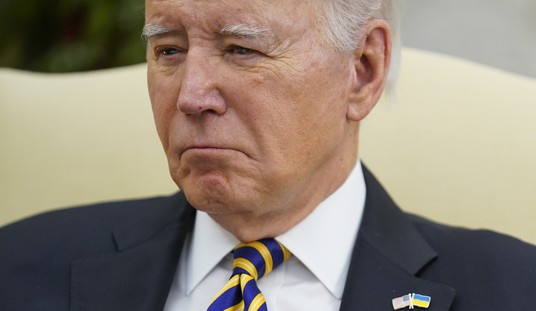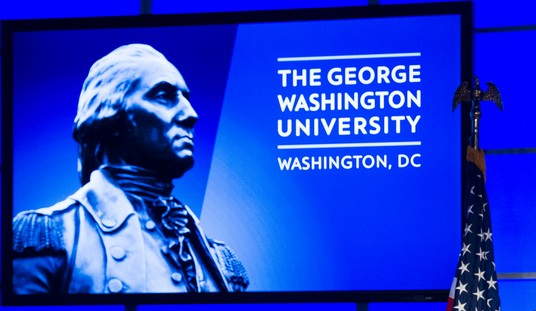If someone would have pulled me aside and whispered in my ear the challenges that were awaiting me, I would have never believed them.
If they would have told me that my brother would be captured by Iranian intelligence officials and held in Iran’s notorious Evin Prison, I would have thought they had watched too many movies.
If they would have told me he would be sentenced to death, I would have thought that they were crazy.
If they would have told me that his death sentence would be overturned, but he would be kept in solitary confinement away from his attorney, family, and the outside world, I would have thought they were out of their minds.
And if they would have told me that while all of this was going on, my father would be diagnosed with brain cancer, suffer several strokes, and be confined to a wheelchair and 24-hour care, I would have thought they were downright cruel.
Except this isn’t a movie. No one is crazy or out of their mind.
Cruel, though? Yes, this has been a cruel four years.
In 1979, our parents packed their suitcases and left Iran for America. This wasn’t a decision that was easy for them to make, knowing they would be leaving everything they knew and all of their family behind. They made this decision, though, for us – their future children – because they wanted to give us a better life.
Growing up as the children of immigrants, celebrating holidays and important milestones was always bittersweet. We celebrated gladly with our immediate family, and some of our friends’ grandparents “adopted” us by taking us under their wings and filling the role for our grandparents in Iran. It wasn’t the same, though, and we all longed to connect with our relatives in Iran and have a greater sense of who we were and the family that helped shaped us.
This was particularly hard for Amir. Outside of our immediate family, the only relative Amir had met was our grandmother and the last time he saw her was when she visited the US when he was 12 years old. He was deeply connected to our grandmother. When she returned to Iran, she had accidentally left her prayer cloths behind. Amir would sometimes miss her so much he would sleep with those cloths because they smelled like her. He needed that connection with our grandmother. Her not being there, in our everyday lives, meant that a part of him was somewhere else.
I’ve been to Iran twice. My first trip was when I was 19 years old and I enjoyed meeting and spending time with my family and learning about the culture I came from. In 2007, I went again, taking my husband, Ramy. This was Ramy’s first trip to Iran. He was so impressed with Iran and its people. We filled our days meeting relatives and eating delicious Persian food. We took in the bustling streets of Tehran, the ruins of Persepolis, and the many historical sites in Isfahan and Shiraz. We couldn’t wait to come home and share the details of our two-week adventure with Amir.
Amir was happy for us, but in a shared moment with my husband, Amir opened up. He looked at Ramy and said: “Isn’t it sad that everyone in my family has been to Iran except me?”
Ramy understood. He, too, is a first-generation American. Amir had traveled with us to Syria, Lebanon, and Saudi Arabia. He witnessed my husband meeting those relatives for the first time and how special it was for Ramy. Amir longed to have that, too, so it was no surprise when he decided he would travel to Iran.
Amir stayed with my husband, children, and me as he contemplated the next chapter of his life. He was recently accepted into the University of Michigan’s Economics program and was enjoying this last summer before the program began. Soon school would consume his life. After school, pursuing a career would then become a priority. Amir was originally going to accompany my mother and other siblings to Iran in June. A scheduling conflict prevented this from happening. He considered putting his trip off, visiting the next summer with my mother, but feared if he did this, he may never see our grandmother again. She was aging quickly and her health was not the best. This was the window of opportunity he had been waiting for. Amir spoke with other Iranian-Americans that had traveled from the US to Iran and back again several times. He began preparing his paperwork for the visit, careful to follow the rules and regulations necessary to travel to Iran. He asked all of the right people all of the right questions and celebrated a little bit when the answers made his trip less of a dream and more of a reality.
We said goodbye to Amir, sincerely happy that he was going to finally make that trip, no longer being the exception in our family. We couldn’t wait to hear the stories he would tell us on his return: his impressions of Iran, where he visited while traveling, which family members he was able to meet, what his favorite meals were, how he felt after making that connection with family he had never known. On the day that he left, we never expected to not know when we would see him again. On Aug. 29, 2011, he was seized and imprisoned.
Today, as I write this, I think of the holidays Amir has missed, the family meals we haven’t been able to have, and the birthdays he should be home for. For much of our separation, we did not know if Amir was alive or dead. It was only just recently he has been able to call home regularly. In those calls, he asks about his niece and nephew, always taking the role as uncle very seriously. He asks me to buy them gifts for their birthday from him, so they know that even though Amir is far away and unjustly imprisoned in Iran, he is always there with him and that he loves them very much. I think about my father fighting his body so he can feel his son in his arms again, and the hope my family has each morning when we wake up, praying that today may be the day we get a phone call telling us Amir is finally coming home.
This past four years has taught me a lot about family, about loyalty, and about hope. Family has always been important to me, but fighting for Amir’s freedom and coming together to support my father as he battles cancer has given me a new understanding and appreciation of what family really means. Every day, we raise our voices for Amir. We do so without fail. There are days that are better than others. There are days when I wake up, exhausted, never really being able to rest and heartbroken because I miss my brother so much. Those are the days when I hold onto hope the tightest.
Sarah Hekmati is the sister of U.S. Marine veteran Amir Hekmati, who has been held by Iran since August 2011 on false espionage charges.









Join the conversation as a VIP Member